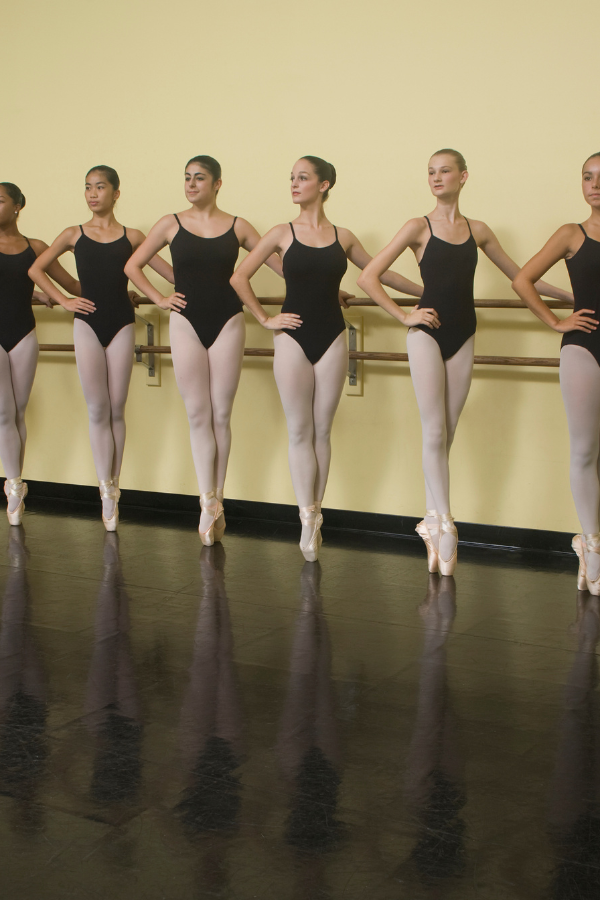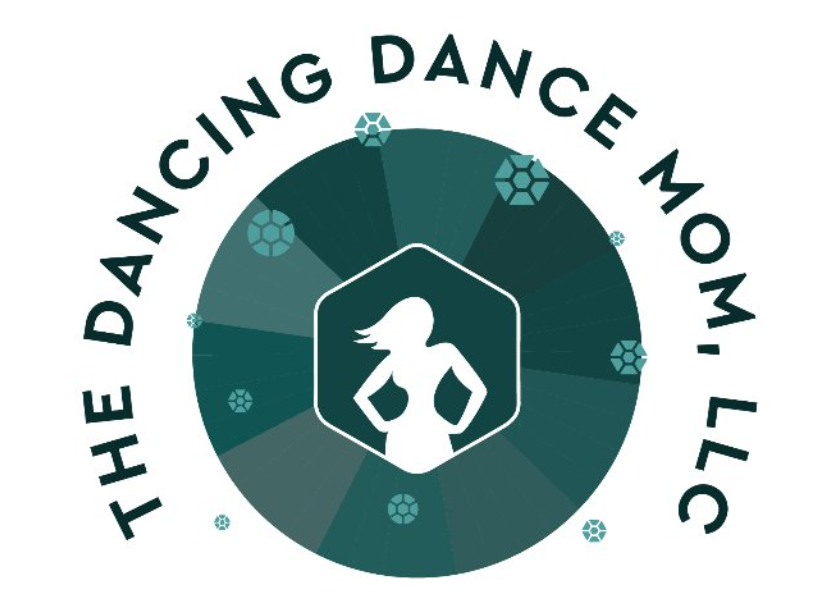When your child has been offered a place on a competitive team or company, pre-professional program, or some other dance-related group, you might be asked to sign a contract. Knowing what to expect can help you to better understand the terms that you are agreeing to. Plus, it can prevent misunderstandings in the future. Ideally, the studio owner or manager should include language that outlines the responsibilities of both parties.
In a recent Facebook poll on The Dancing Dance Mom page, 49 out of 56 dance moms (or 87%) said that they were required to sign a contract before their child could participate on their studio’s team. If you are new to competitive dance, you will probably be asked to sign one before your child is officially accepted into the group.
The Schedule
To keep everyone apprised of what their time and financial obligations will be throughout the year, a studio director should lay out the season’s events before asking for any commitments from families. These events should include anything and everything the dancer is expected to show up for. This includes rehearsals, conventions, choreography sessions, competitions, community service performances, recitals or showcases, master classes, intensives, and the like.
For big events (competitions, recitals, conventions, etc.), dance families should be given the dates very early in the year. If exact dates for rehearsals, master classes, and other similar events can’t be provided that far in advance, a general timeline should be given (i.e., Sunday rehearsals during the winter).
Of course, other activities will probably come up throughout the year. But by giving as much information in advance as possible, the director could help prevent potential conflicts. Families can better assess their ability to stick to the schedule if they know it ahead of time, and they may opt out if they feel the amount of commitments is too high for them.
No Money, Mo’ Problems
One of the most common stipulations covered in a contract is the monetary obligation. Generally, a dancer will be banned from participating in any activities affiliated with the dance school if their account reflects a long-overdue and/or significant balance.
Due dates for costume deposits, competition/convention fees, and more might be given in the contract as well. To that end, you have every right to be wary if the costs are not communicated to you well in advance. Seek to have all fees given in writing, preferably before you are required to sign the contract. If the company director can’t give you exact figures, that’s understandable. But they should at least provide a ballpark figure.
Behave Yourself
A studio owner that prides themselves on their school’s positive reputation will clearly communicate the expectations they have about their students’ behavior. They might address bullying (both in-person and cyberbullying), bad sportsmanship, attitude, and other toxic behaviors. These infractions may lead to consequences and/or dismissal from the team. The families of the dancers might be expected to conduct themselves appropriately as well.
Some managers go a step further and outline behaviors their students must demonstrate at school and at home. For example, expectations regarding academic grades might be set, with dancers failing to meet those benchmarks placed on probation at the studio.
Attendance Policies

For everyone’s benefit, the dance teachers need all of their students in all the classes and rehearsals on a regular basis. Of course, families sometimes experience situations that make their child’s attendance impossible on a given day. A competitive contract may address the types of absences that are excused (communicable illness, death in family, etc.) as well as the number of absences that are acceptable without penalty.
The director may also include provisions for when the material must be “made up” by. Usually, the dancer is responsible for learning the missed choreography by the next session. Additionally, they may need to make arrangements with another dancer (who can show them what they missed) themselves.
I Quit
Some studio owners will include guidelines for what happens when a dancer withdraws from the team. For example, if a student quits mid-year, they may not be allowed to audition the following year. Also, the contract may offer guidance on what fees or other monetary obligations the family is still responsible for (the rest of the year’s class tuition, balances on costume fees, etc.).
Performance Problems
When one dancer does not know (or cannot execute) their part in a routine, they can potentially ruin the performance for the entire group. Many school directors will add a section in their contracts that addresses these situations.
For example, if Suzy can’t “get” her triple pirouette, she may be required to book a “private” to work on it. Or the contract might dictate that Suzy will be pulled from the dance entirely. In that case, the number might be reblocked (or another dancer could take her place, perhaps with Suzy’s parents paying the competition entry fee).
Dress for Success

For the dancers to look uniform (which helps the instructor to spot irregularities), the director may include a dress code for the dancers to follow. These guidelines could extend beyond the classroom, and could offer guidance on what they should wear to conventions, competitions, and other studio-related events.
Solos, Duos, and Trios
Many young dancers dream of being offered a solo, duo, or trio in addition to their group numbers. A dance contract may outline the qualifications the student must have in order to be considered for this special privilege, as well as consequences for when those expectations are not met. Sometimes, the company manager will issue this as a separate contract.
Other Considerations
Because each dance school has different operational procedures, the owners/directors may include other guidelines in their dance contracts. These may include methods of communication, the chain of command to be consulted in case of issues, dressing room protocols (for general etiquette guidelines, click here), hygiene, hair requirements, merit/demerit systems, preparedness, and more.
The Dotted Line
Don’t be surprised if the studio requires both you and your dancer to sign the contract. While most dancers are minors and cannot be legally bound by anything they sign on their own, the contract is valid if co-signed by a parent or guardian. For further information, research the laws in your particular state. In serious situations, you may wish to consult an attorney.
Obviously, you will want to read the contract very carefully before entering into such an important commitment. If you have questions, you should directly contact the studio owner, company director, or other authoritative agent within the center.
If the representative is not agreeable to answering your questions openly and honestly, that in itself may be a red flag for you to consider. An experienced studio owner or director will recognize that you are attempting to thoroughly understand the terms and conditions, and should not shy away from providing you with clarity.
Knowing everything you can (ahead of time) can prevent misunderstandings, conflicts, and feelings of dread (like Ariel here). So familiarize yourself with the policies and procedures as thoroughly as you can before you sign on the dotted line!


Hola! I’ve been reading your site for a long time now and
finally got the courage to go ahead and give you a shout out
from Atascocita Tx! Just wanted to mention keep up the great work!